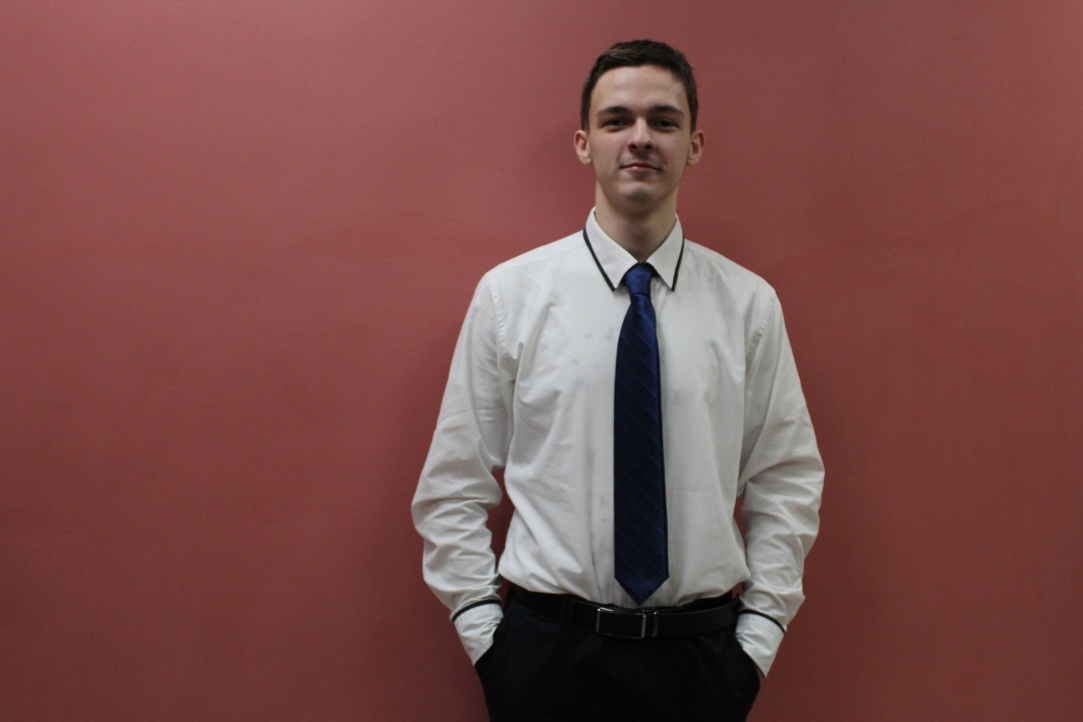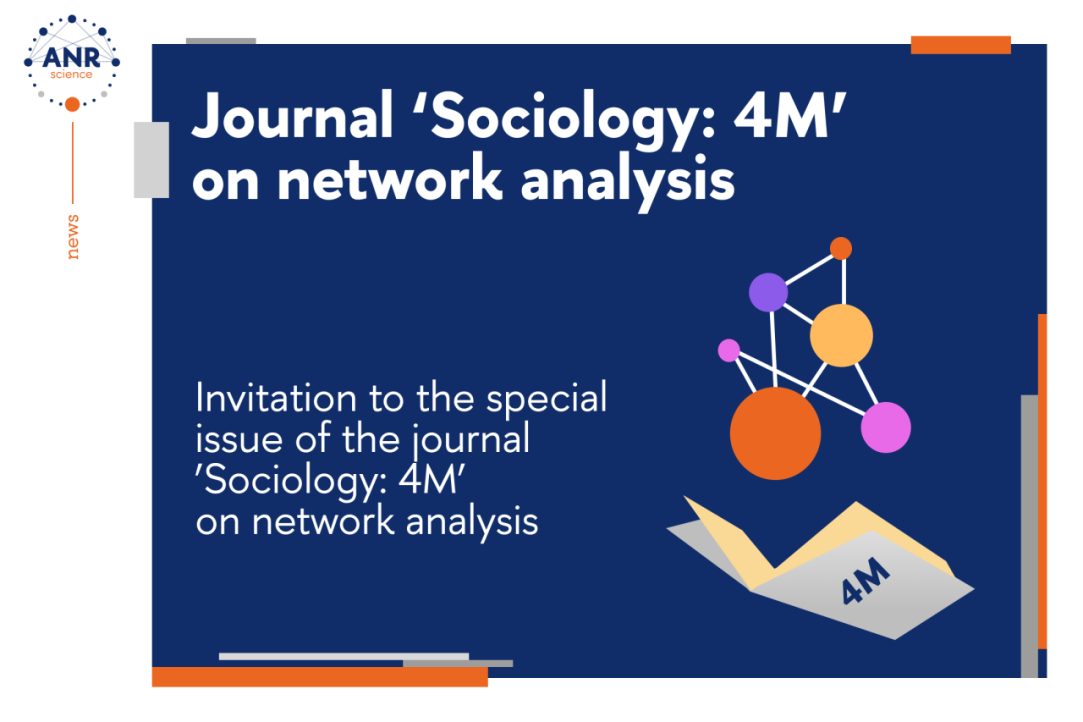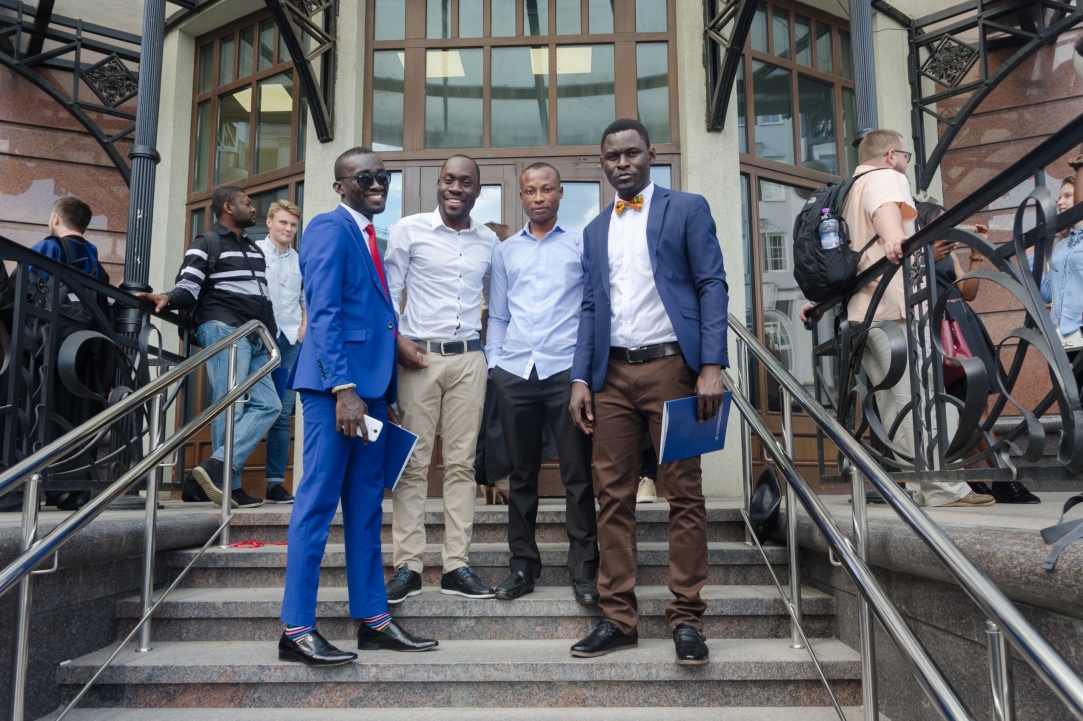Since its creation, the educational program “Population and Development” has enrolled a total of 127 students, coming from 29 different countries and from this number six countries represent the continent of Africa. The African countries are made up of the Republic of Ghana, the Federal Republic of Nigeria, the Republic of Cameroon, the United Republic of Tanzania, the Republic of Kenya, and the Republic of the Sudan. Amongst these countries, Ghana has the highest student population share at 62.5%, and next to Ghana is Nigeria at 32.5% of the entire African student population. We talked to African students who study at “Population and Development” to find out where they learned about the educational program, what they like most about studying process and how the knowledge gained at the HSE can help them in the development of academic career.




















